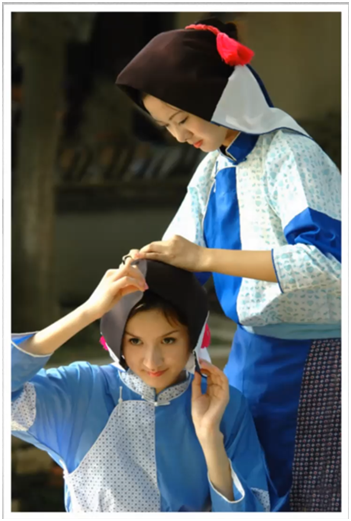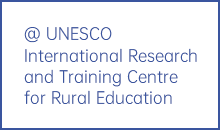On 25 January 2022, the International Seminar on Inter-sectoral collaboration for Community Learning Centers (CLCs) was held in Ningbo under the theme "Promotion of Education for Intangible Cultural Heritage, Sustainable Development, Ecological Civilization and Rural Revitalization". The major outcome is the adoption of “Ningbo Consensus” which is an overall guiding framework to promote and strengthen integration of education and culture joint actions at local levels in CLC programmes in China.
It was co-organised by UNESCO Office Beijing, UNESCO Category II Centre International Research and Training Centre for Rural Education (INRULED) and Ningbo Municipality Education Bureau, hosted by Ningbo Adult School, with joint support from the Chinese Ministry of Education and the Chinese National Commission for UNESCO. This was among the first actions of UNESCO at country level to initiate the inter-sectoral initiative of “Education and Culture together in action to advance the SDGs”. The Workshop, which was postponed from December 2021 due to COVID-19, was also an annual meeting for CLCs in China to review progress and exchange achievements and outcomes.
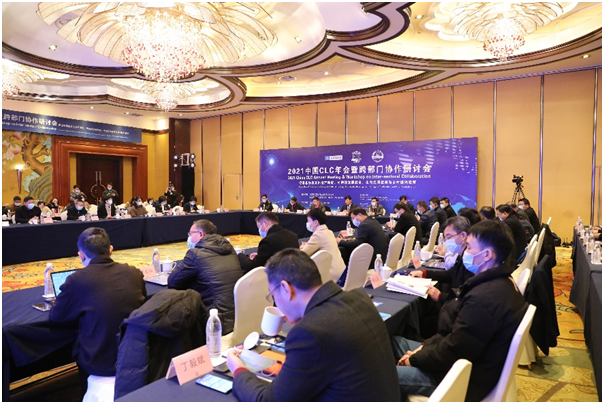
Meeting venue in Ningbo
The workshop was held simultaneously on-site and on-line. A total of almost 1000 participants, including managers and personnel from CLCs all over China, education and culture officials and experts from UNESCO, INRULED, Ningbo Government, as well as Asia-Pacific Cultural Center for UNESCO (ACCU) in Japan and SEAMEO Secretariat in Thailand attended the seminar.
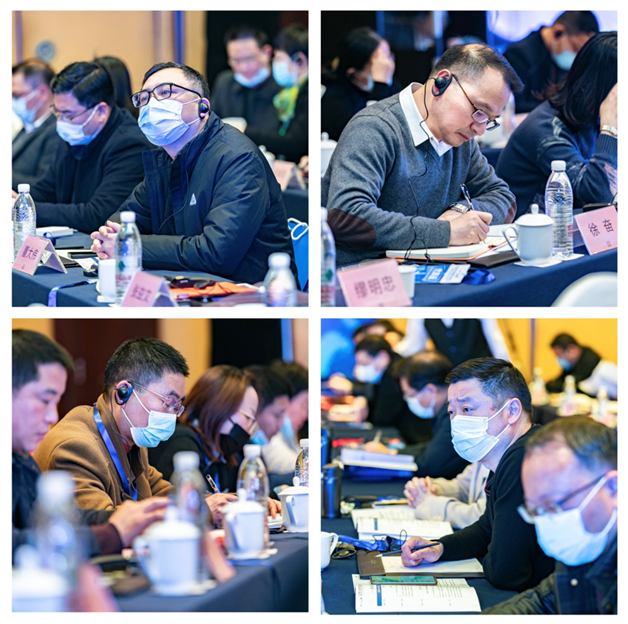
This seminar's objective was to initiate, encourage and promote education and culture joint actions in CLCs at local levels in China. Focusing on the relevant goals of the UN 2030 Agenda for Sustainable Development and the UNESCO Education 2030 Framework for Action, the seminar was successful in building a platform and cooperation network for exchange and dialogue on intangible cultural heritage education, education for sustainable development and ecological civilization. The participants and representatives from the CLCs summarized the on-going projects of CLCs in recent years and shared results and good practices with a particular focus in intangible cultural heritage development projects, working and life skills and promoting employment opportunities for community members through educational and cultural incentives.
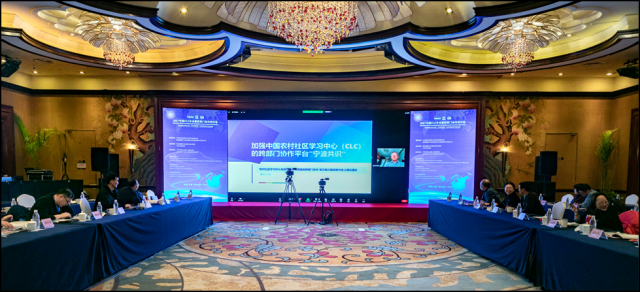
Mr. Mao Caisheng, Director-General of Ningbo Municipal Education Bureau, Prof. Shahbaz Khan, Director and Representative of UNESCO Beijing Office, and Ms. Zeng Xiaodong, Executive Director of INRULED, opened the seminar by welcoming participants from all over China and internationally. They reaffirmed their strong commitment to expanding and strengthening inter-sectoral collaboration in CLCs in the many provinces in China.
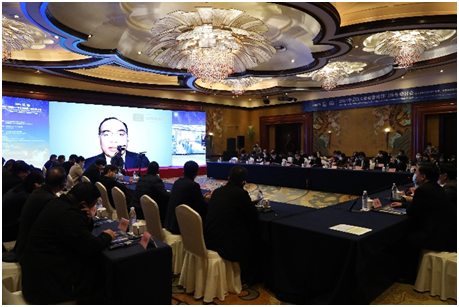
Prof. Shahbaz Khan, Director of UNESCO Beijing, making his opening remarks
Mr. Robert Parua, Education Programme Specialist from UNESCO Beijing Office, delivered a keynote presentation at the plenary session in which he introduced UNESCO's goal, objective, strategy, and rationale for inter-sectoral platform, presented existing UNESCO Education and Culture platforms to strengthen CLCs, and suggested recommendations to promote and strengthen inter-sectoral collaboration in CLCs in China.
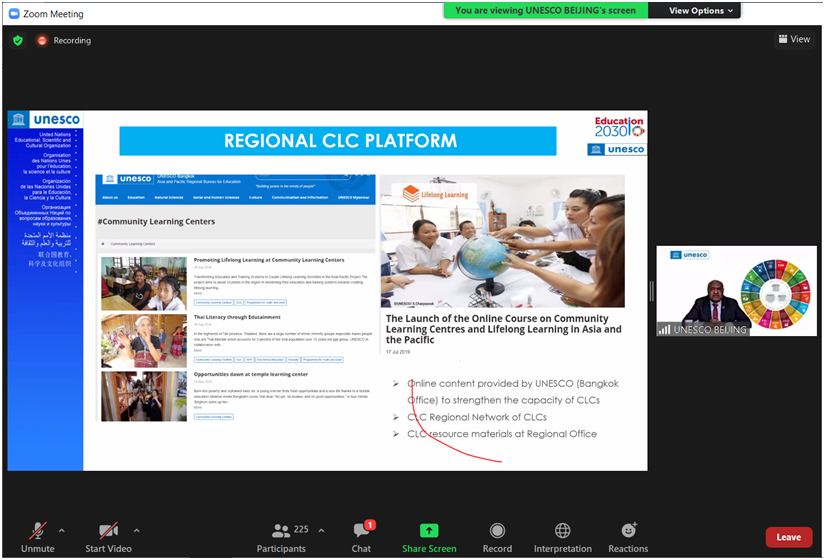
Ms. Himalchuli Gurung, Culture Programme Specialist at UNESCO Beijing Office, introduced UNESCO's Culture programmes, Culture Conventions, domains of intangible cultural heritage, living heritage's contribution to SDG 4, and UNESCO's programmes and resources on safeguarding intangible cultural heritage. She highlighted some entry points for integration of cultural programmes in CLCs.
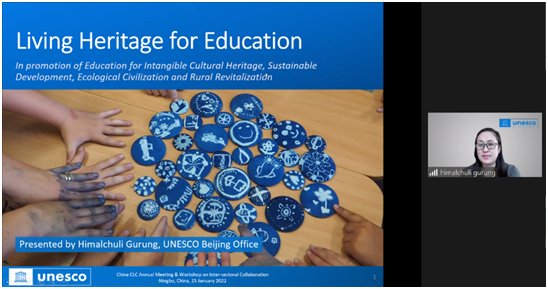
Ms. Zeng Xiaodong, Executive Director of INRULED, suggested models and frameworks to improve CLC practices and enhance rural education. Mr. Shi Gendong, Executive Director of Chinese National Working Committee of Education for Sustainable Development (ESD), spoke on China's plans in advancing ESD implementation aligned with the ESD 2030 Roadmap Framework for Action.
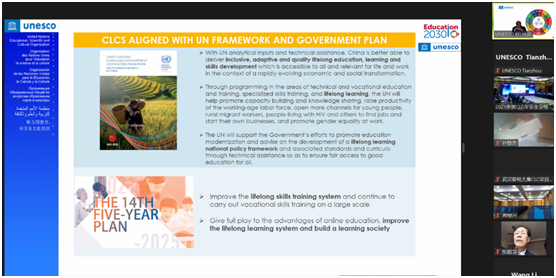
Mr. Robert Parua hosted and started Plenary Session II: Political and Strategic Coordination and Sharing of Experiences and Best Practices. He spoke on CLC's explicit alignment with China UN Sustainable Cooperation Framework and Chinese government's strategic plans, close linkages with SDG 4 targets, and significant contribution to achieving SDGs. He stressed on CLC's contribution to the achievement of SDGs.
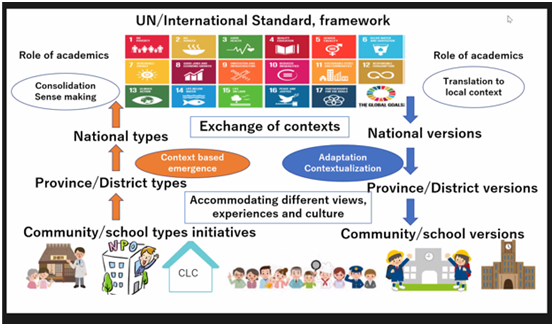
Sharing from ACCU on Japan’s experience
The participants then listened to the thematic sharing of CLC best practices from guest speakers in presentation of their rich experiences and successful cases from their work in promotion of educational and cultural activities in communities in Southeast Asia, Japan and different provinces in China, including Ms. Ethel Agnes Pascua-Valenzuela, Director of Southeast Asian Ministers of Education Organization Secretariat (SEAMEO Secretariat), Mr. Kiichi Oyasu, Director of Education Section of ACCU, Mr. Zhang Zhaowen, Vice-President of China Adult Education Association, Mr. Li Jinsong, Director of Yunnan Institute of Educational Sciences, Mr. Qin Zhigong, Deputy Director of Gansu Institute of Educational Sciences, and Mr. Jiang Genxing, Secretary-general of Suzhou Lifelong Education Society.
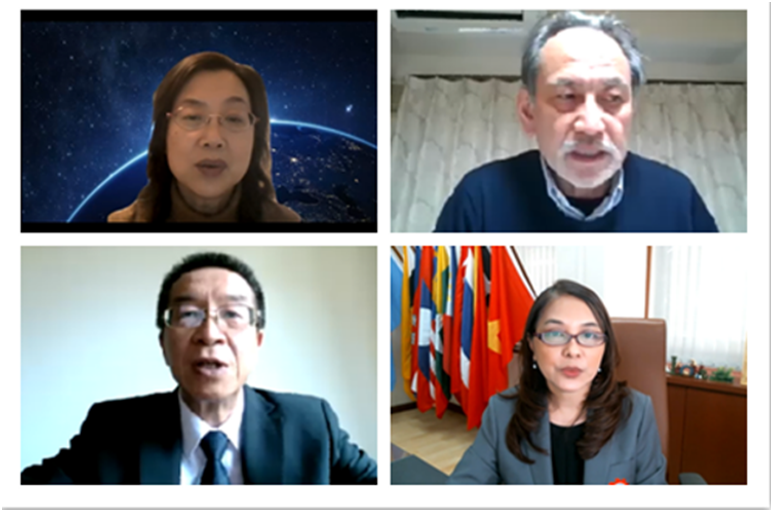
In Plenary Session III, the participants reviewed and discussed over the draft“Ningbo Consensus”for strengthening future inter-sectoral collaboration in education and culture in CLCs in China. It was adopted by the meeting after the collection of comments. Mr. Wang Li, Deputy Director of INRULED, and Mr. Robert Parua wrapped up the meeting.
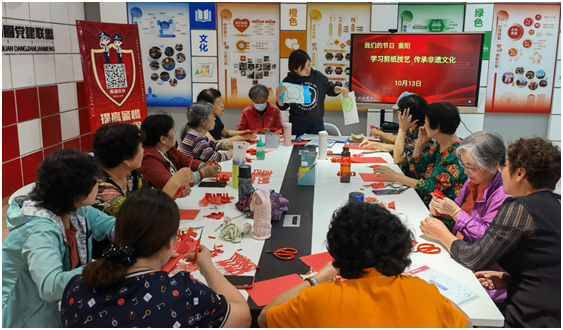
Nowadays, the world is confronted with irreversible globalization. Skills development is a priority in the national planning, aiming to improve human resource and cultivate talents through skills development and match them with the labor market, which will greatly promote employment, increase incomes, and improve people's living standards.
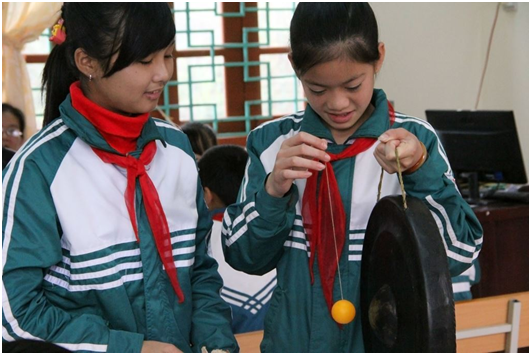
Along the way to build a beautiful China with a harmonized society for everyone, it is strategic measure to accelerate the implementation of the green development strategy, and create a new mode of community development in which man and nature live in harmony, and achieve the unity of prosperity for the people and ecology.
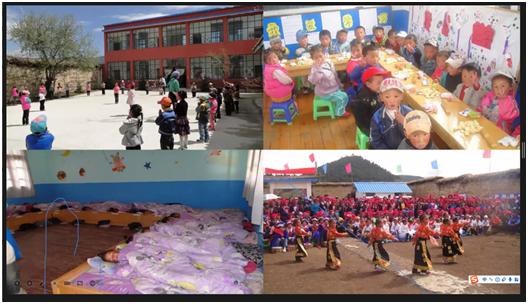
Since the UNESCO Convention for the Protection of Intangible Cultural Heritage and the Law on Intangible Cultural Heritage of the People's Republic of China were issued, many educational activities on intangible cultural heritage are held. In particular, many activities combine intangible cultural heritage and education, with various forms and gratifying results.
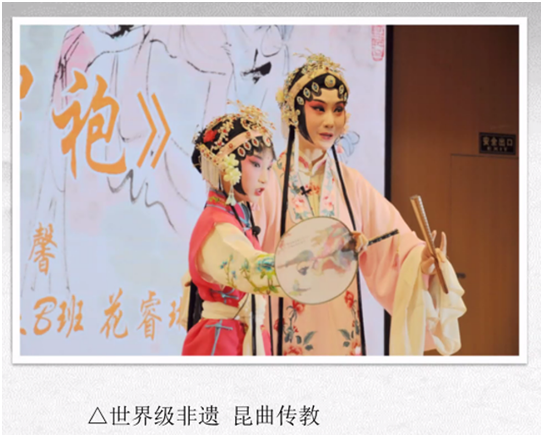
The 2030 Agenda for Sustainable Development is a shared vision of mankind and a social contract between world leaders and the people. Local government at the grassroots level is the best bridge to connect global goals and local communities. Localization of the SDGs through the activities of community learning centres is therefore an important step in adapting global goals to local contexts.
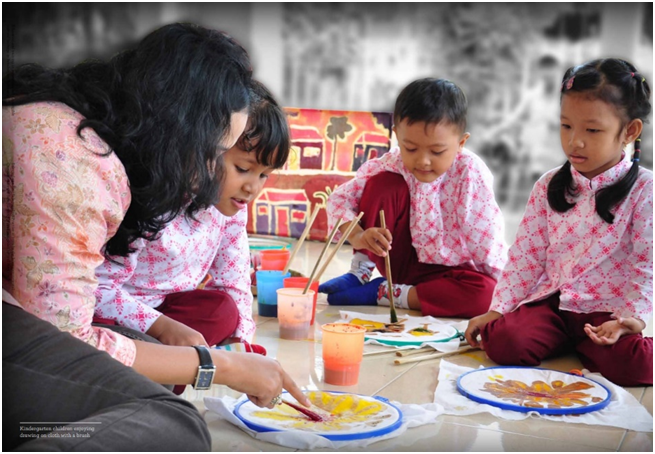
It is against this background that UNESCO organizes this annual meeting of CLCs in China and the Intersectoral Seminar to promote education and culture joint actions in CLCs at local levels in China.
